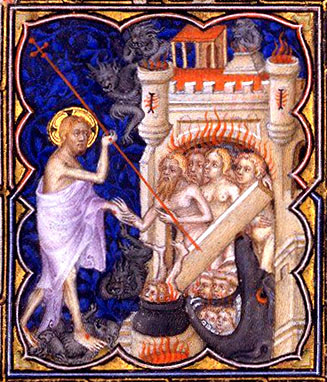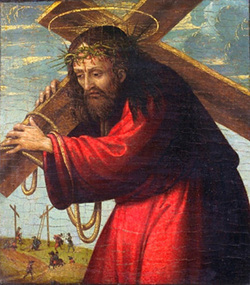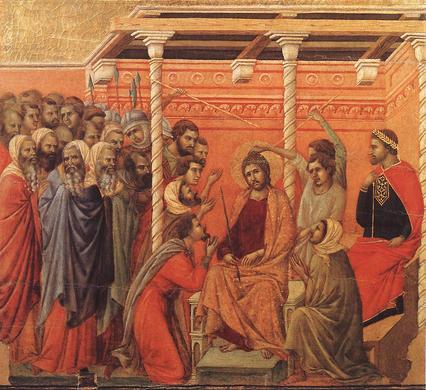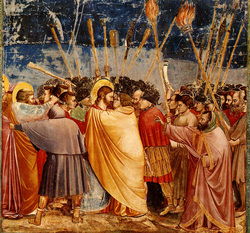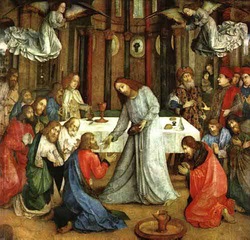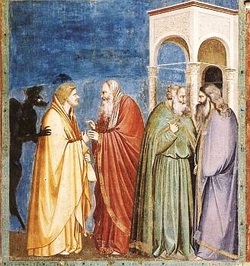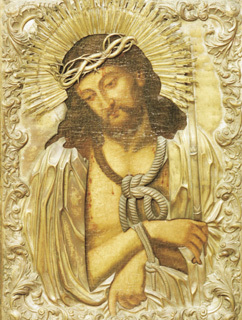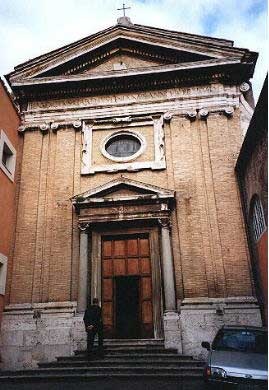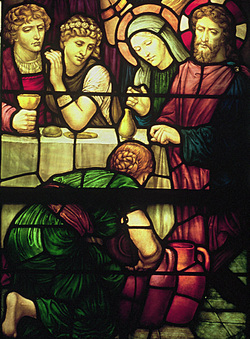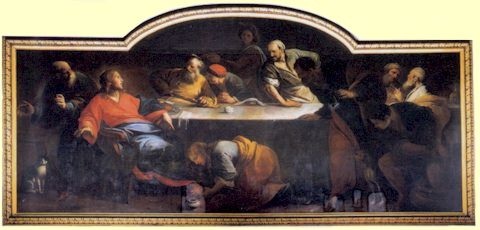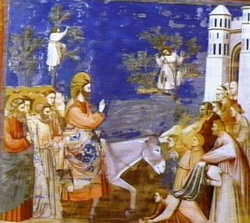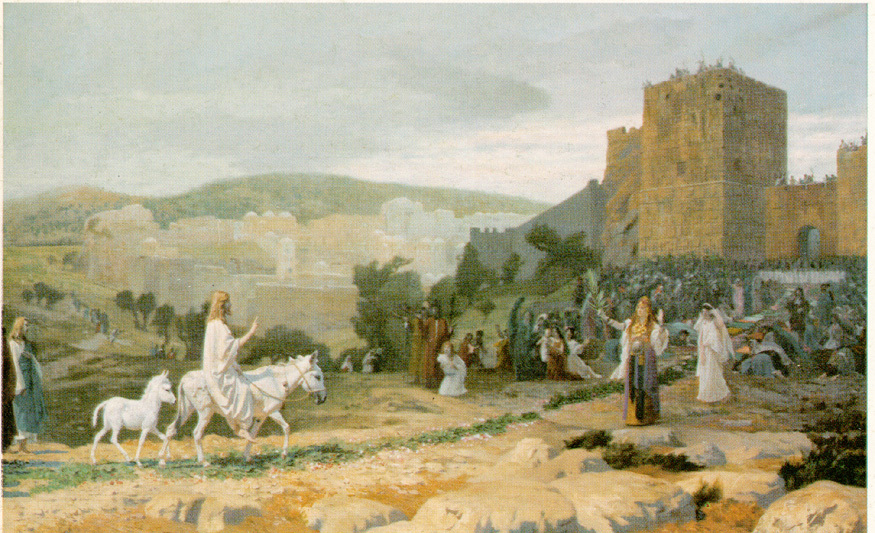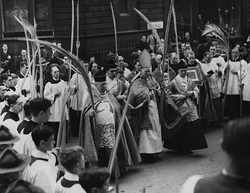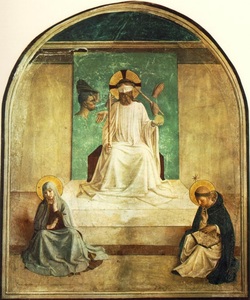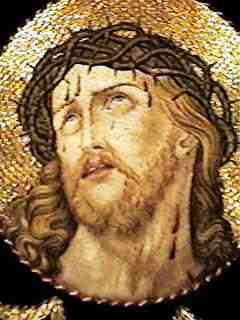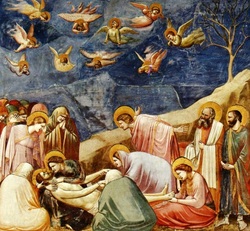
They imagine wickedness, and practise it; that they keep secret among themselves, every man in the deep of his heart. And they say that no man shall see them. Now one known as Man came up against these communings, and in the form of Man he did suffer himself to be laid hold upon. For they could not have laid hold upon him, had he not been Man; neither could he have been seen, had he not been Man; nor been scourged, had he not been Man; nor been crucified, nor died, had he not been Man. As Man, therefore, he came to endure all those sufferings which could have had none effect upon him had he not been Man. And further, had he not been Man, in no wise could man have been redeemed. So it was, as the Psalmist saith, that he came, as Man, unto a deep heart; that is, something that passeth human understanding. For he shewed his Manhood to the eyes of men, but kept his Godhead hidden deep within: thus concealing the form of God, wherein he is equal to the Father; but exhibiting the form of a servant, wherein he is inferior to the Father.
How far did they encourage themselves in those diligent searchings, wherein they failed so greatly? So far that even when the Lord was dead and buried, they set a watch over the sepulchre. For they said of Christ to Pilate: That deceiver. By this name the Lord Jesus Christ was named, to the comfort of his servants, when they be called deceivers. That deceiver (say they to Pilate) said while he was yet alive, After three days I will rise again: command, therefore, that the sepulchre be made sure until the third day, lest his disciples come by night, and steal him away, and say unto the people, He is risen from the dead; so the last error shall be worse than the first. Pilate said unto them: Ye have a watch; go your way, make it as sure as ye can. So they went, and made the sepulchre sure, sealing the stone, and settling a watch.
They placed a watch of soldiers over the sepulchre. The earth quaked! The Lord rose again! Such were the miracles wrought round about the sepulchre, that the very soldiers who kept watch might have become witnesses, if they had been willing to declare the truth. But that covetousness which possessed the disciple and companion of Christ, possessed also the soldiers who guarded his tomb. We will give you money (say they), and say ye that his disciples came and stole him away while ye slept. Truly, they failed in their snare and communings. What is this thou saidst, O wretched cunning? Dost thou so far forsake the light of prudence and duty, and plunge thyself so deep in craftiness, as to speak thus: Say ye that his disciples came and stole him away while ye slept? Thou producest sleeping witnesses! Surely thou wast thyself asleep, who didst thus snare thyself in such a snare.
